Luckily for us, Colombia has plenty of public holidays.
And like all good ‘Bogotanos’ on St. Josephs Day, we took to the road for a day trip, this time to visit 'Hacienda El Porvenir', a coffee farm about two hours downhill from Bogota. On a very sunny day, we were warmly welcomed by Orlando Fierro, the owner of this beautiful 35-hectare ‘finca’.
The farm’s origins date back to 1860 when an Englishman moved to the province of Cundinamarca and set up the first coffee plantation in the region, located in the Savanna of Bogota. Orlando’s family worked there for decades and eventually bought part of it.
In the mid-1990s, with global coffee prices down in the doldrums and facing financial difficulties, Orlando Fierro went organic. Not, as his honestly admits, because he felt particularly strongly about the environmental farming method at the time. Quite simply, he couldn’t afford the fertilizer and pesticide prices.
“I fell into organic farming because it was cheaper,” he told us, as we wandered between coffee trees. “Now I prefer it.” And today he also has a Rainforest Alliance certificate for sustainable farming.
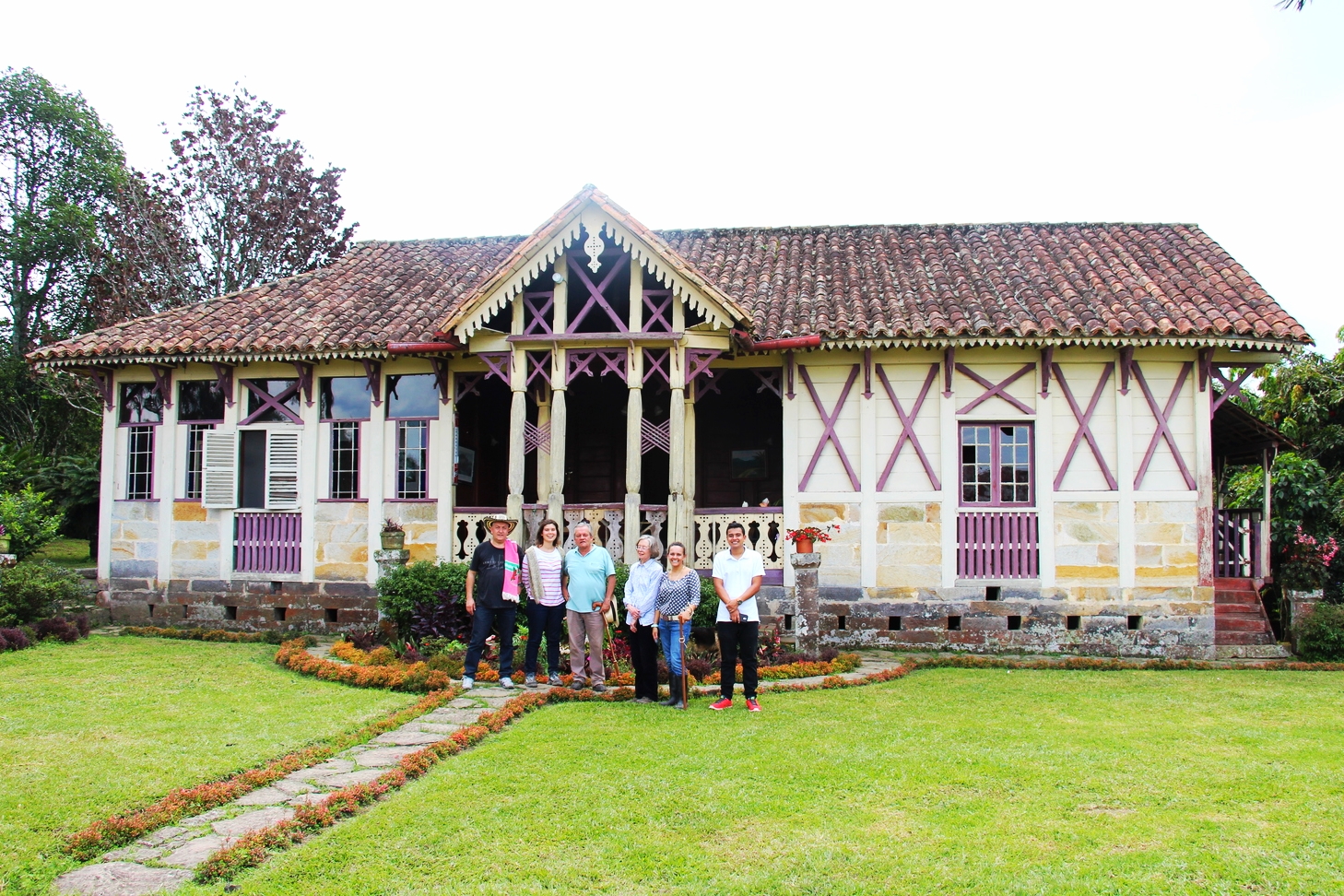
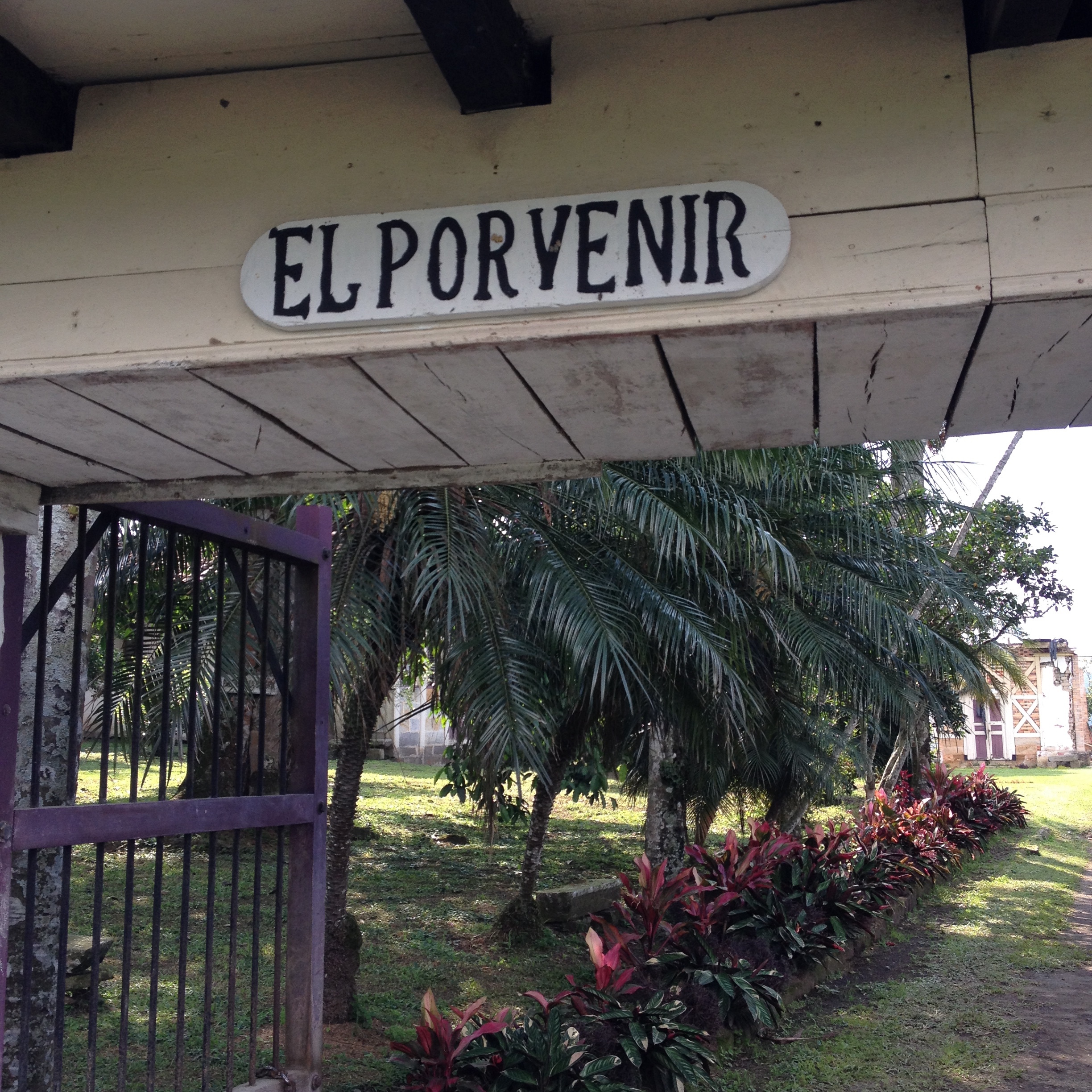

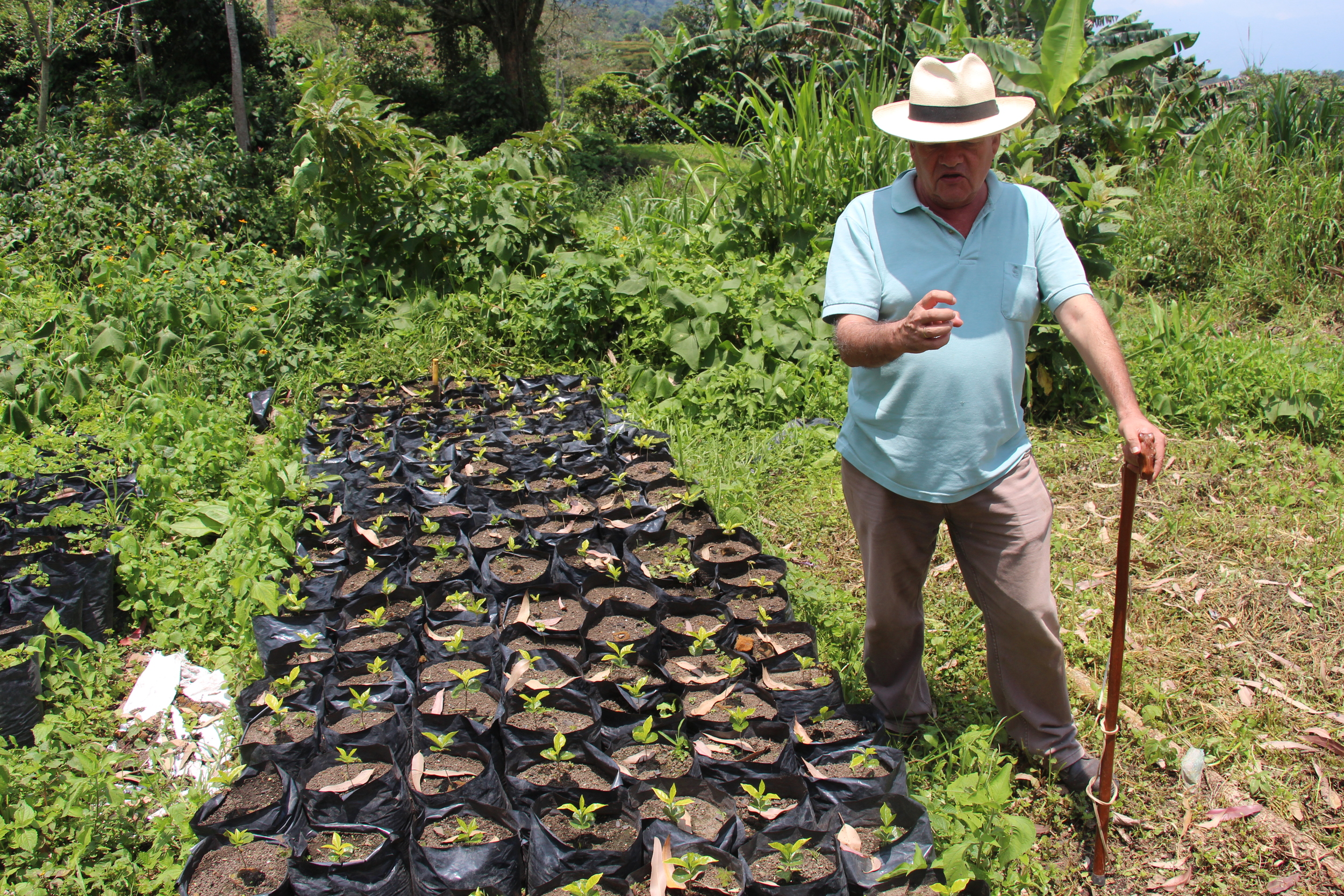
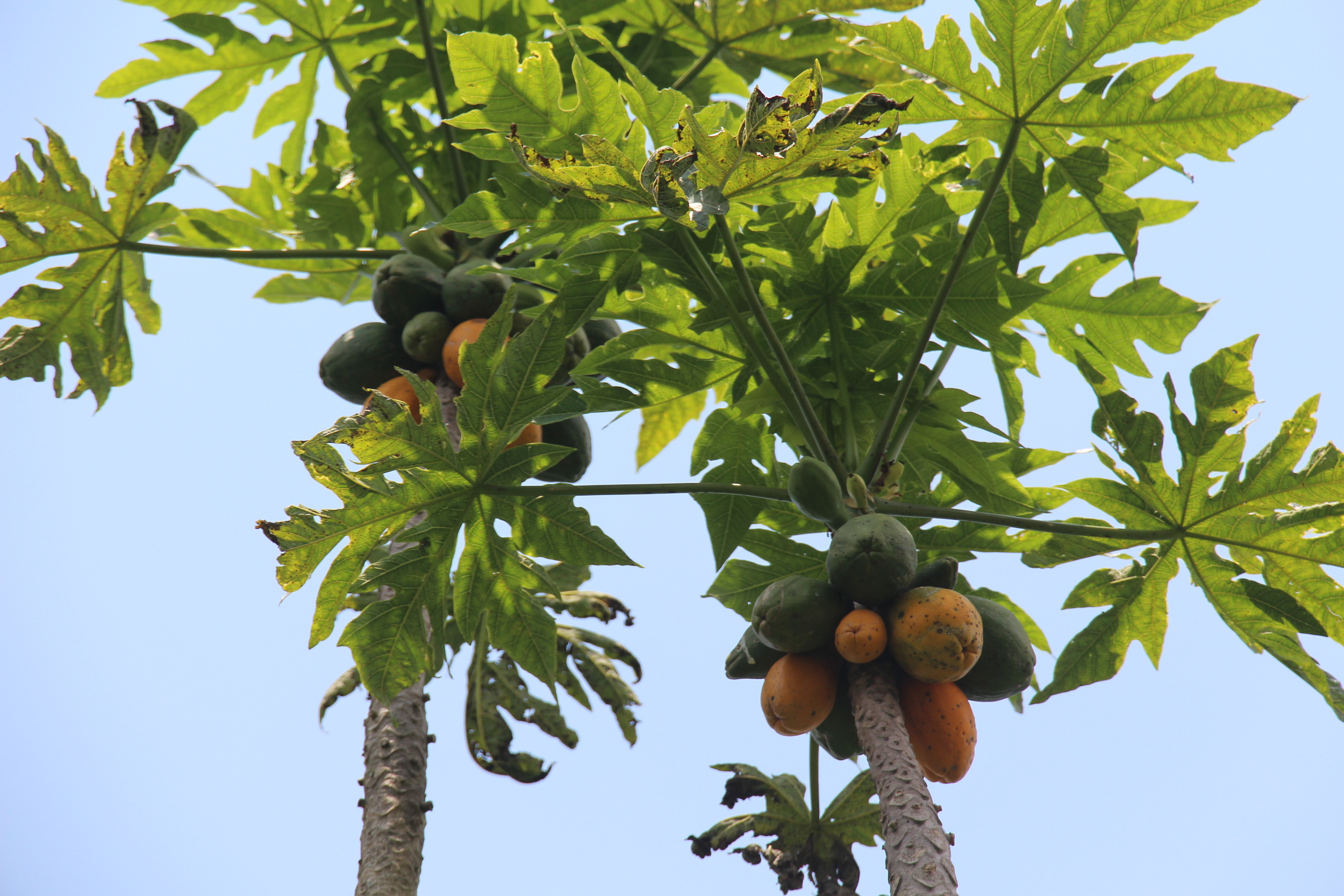
Hacienda El Porvenir sits at 1,600 metres above sea level, hugging the eastern branch (there are three in total) of the Andes mountain range that runs up Colombia. His early organic crops were neither bumper nor gourmet, Orlando says. Gradually, however, he learned how to replace fertilizers with chicken manure and provide enough tree cover for birds that help control coffee-eating insects.
Many of the changes involved a switch back to traditional farming methods, bashed on the head years earlier by the so-called ‘Green Revolution’, with its emphasis on fertilizers and monoculture crops.
Others were different. A new fungus, for example, was introduced to compete with the infamous coffee leaf rust that has devastated many coffee plantations in Latin America over the past decade. “I put them head to head,” Orlando says, banging his fists together in the air.
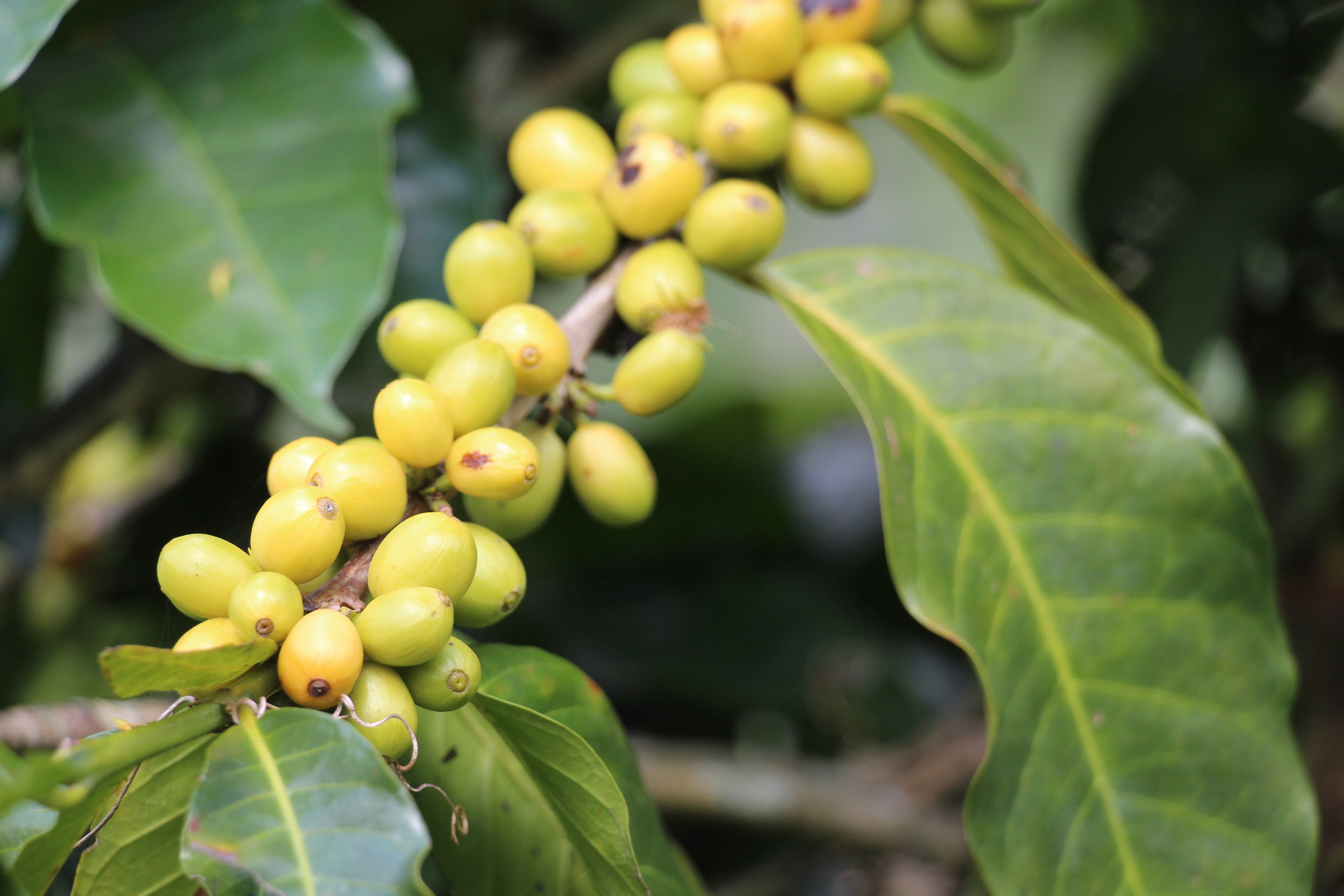
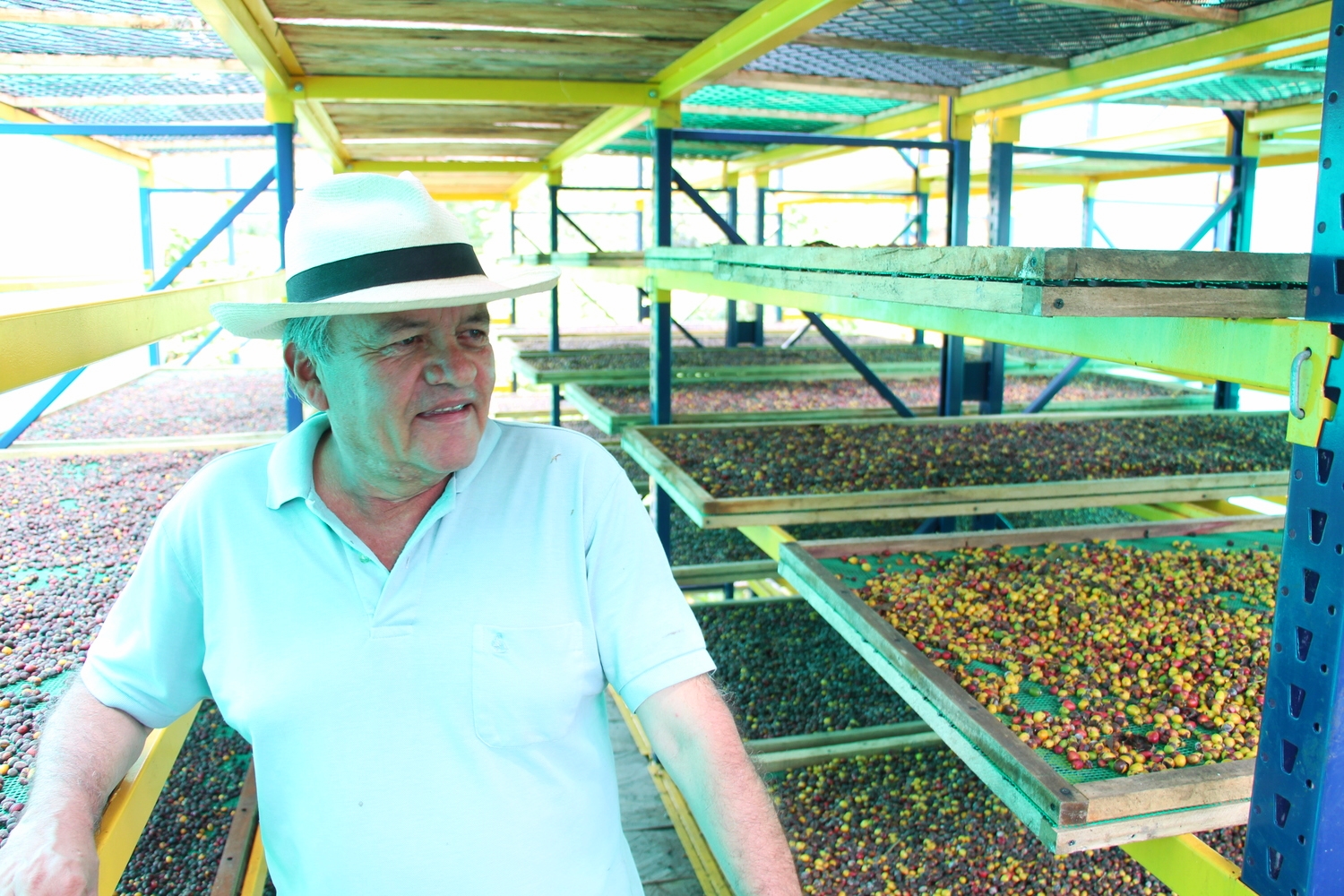
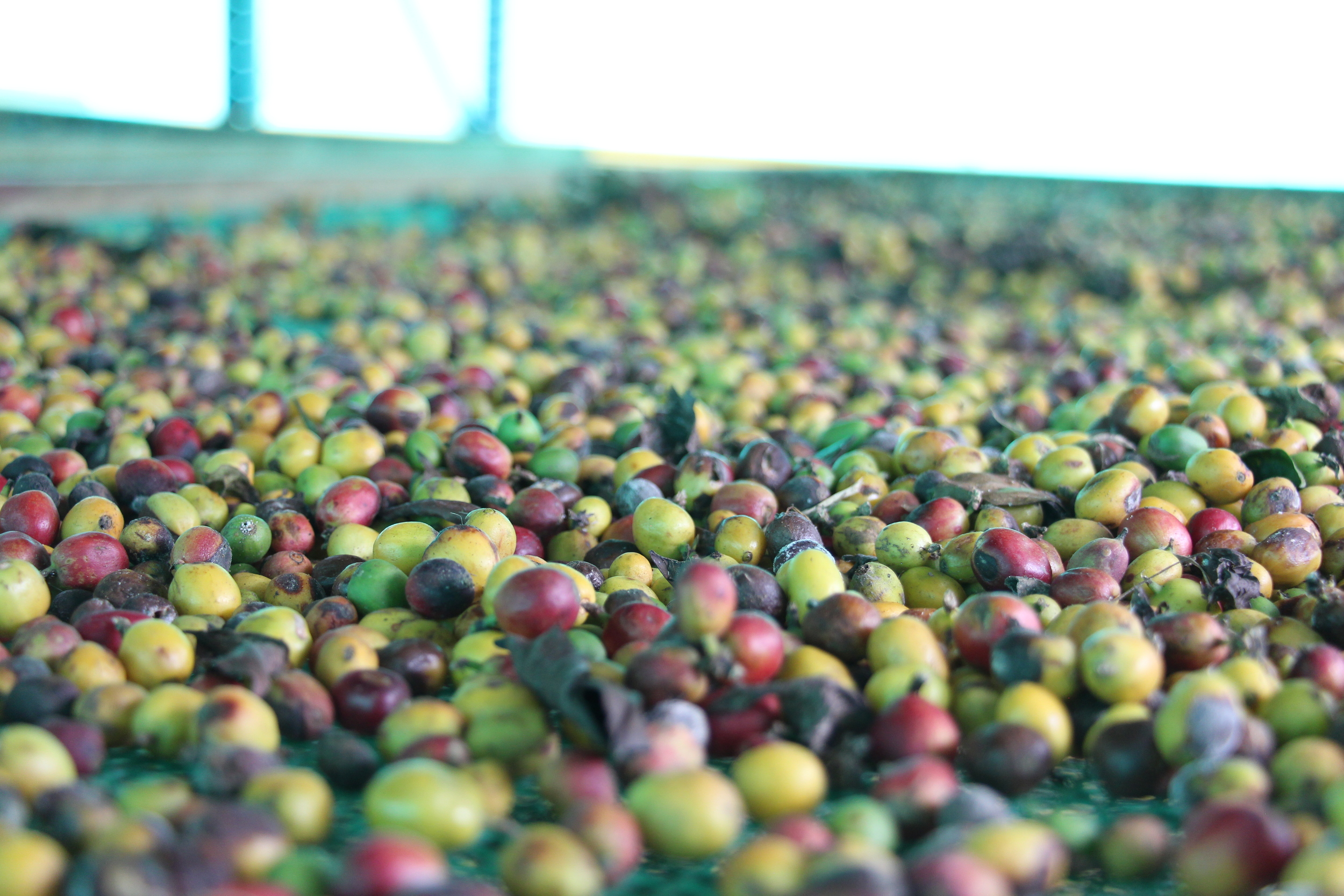
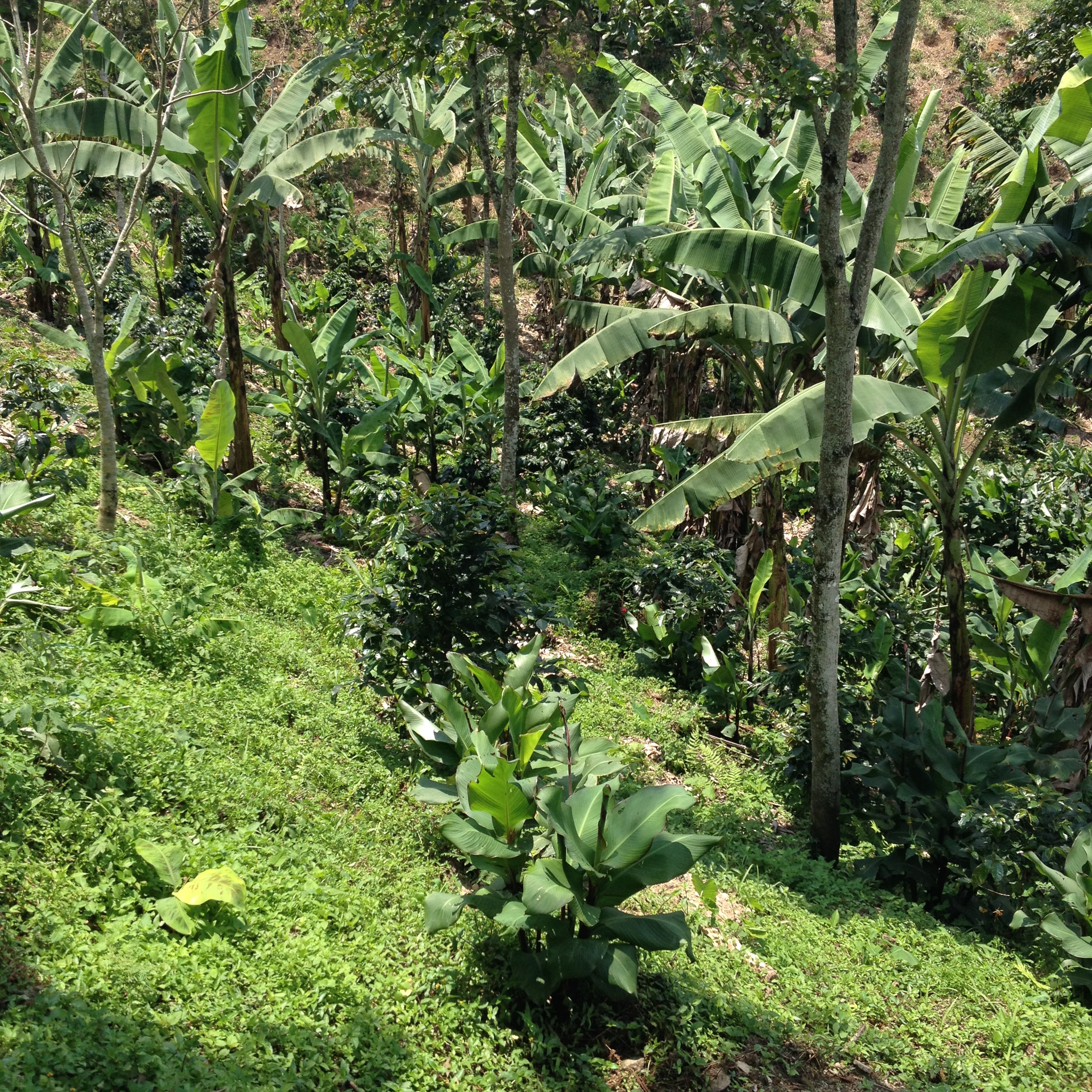
In doing so, he’s managed to produce coffee awarded 88 points on the Specialty Coffee Association of America’s 100-point scale.
For those unfamiliar with the grading system, that’s very good. It means he can sell his processed green beans for around $3.50 / lb to Japanese and European roasters, compared to the $1.40 for Arabica futures on the New York exchange at the moment.
And as those roasters thirst for different coffees, Orlando is now experimenting with lesser-produced varieties including Geisha, Maragogype, Yellow Bourbon and Tabi.
Meaning that espresso lovers of Bogota, Tokyo and London will soon be able to enjoy new aromas from Hacienda El Porvenir, all thanks to Orlando’s hard work… and financial difficulties two decades ago.
We send him our thanks for a fantastic visit!





